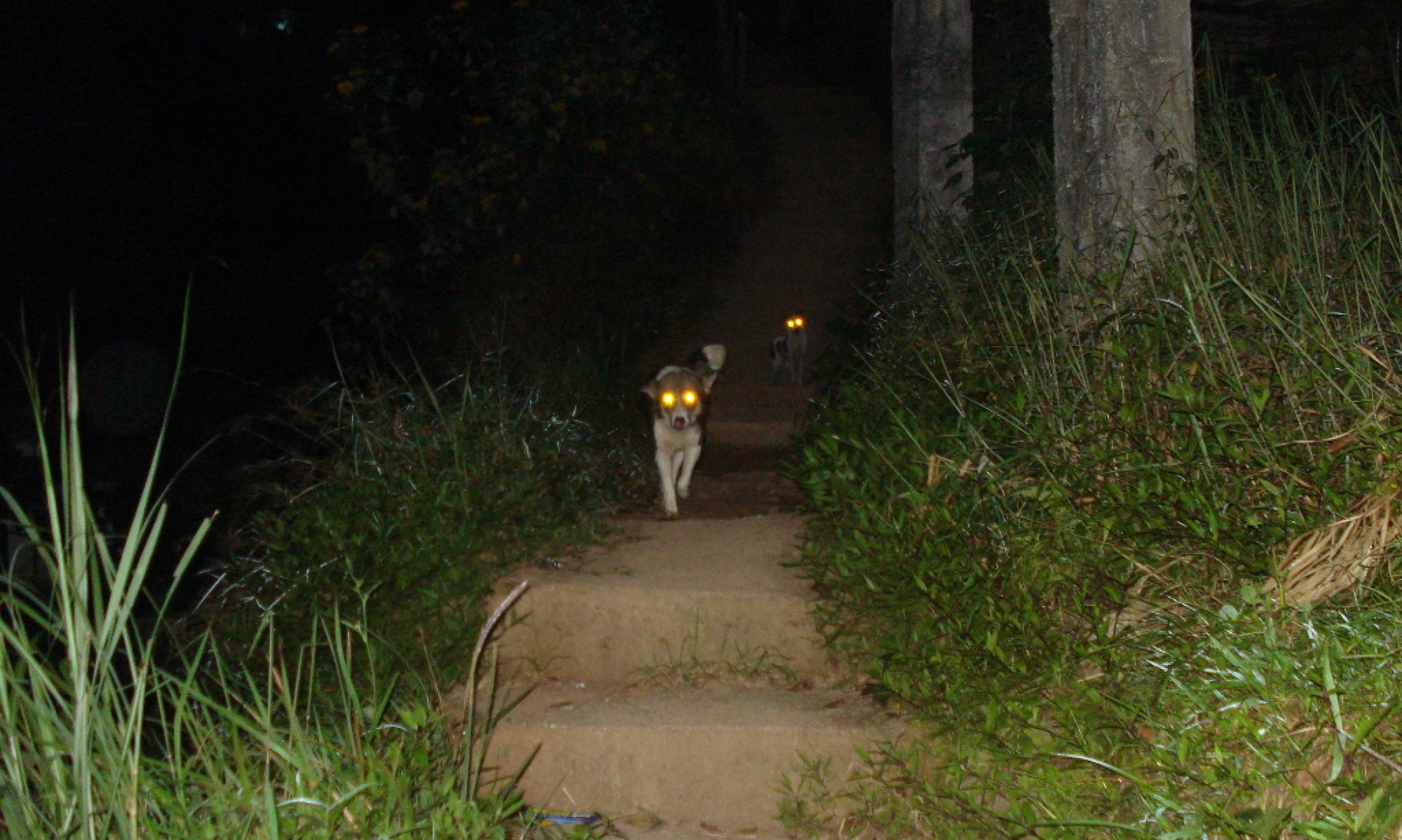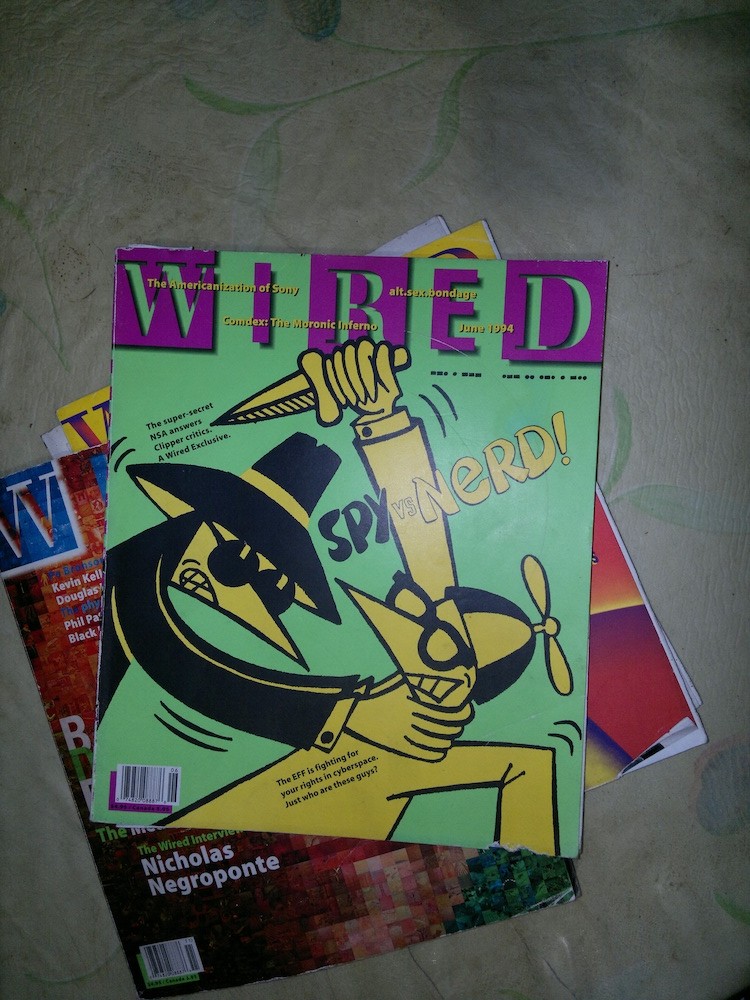How to detect fake news?
I think the brouhaha about “detecting fake news” (and the underlying notion of “fake news” itself) is utterly wrong because it teaches people to think in simplistic boxes, in almost black-and-white terms.
Hey people, I’ve got news for you (and it isn’t fake): Continue reading “How to detect fake news?”


